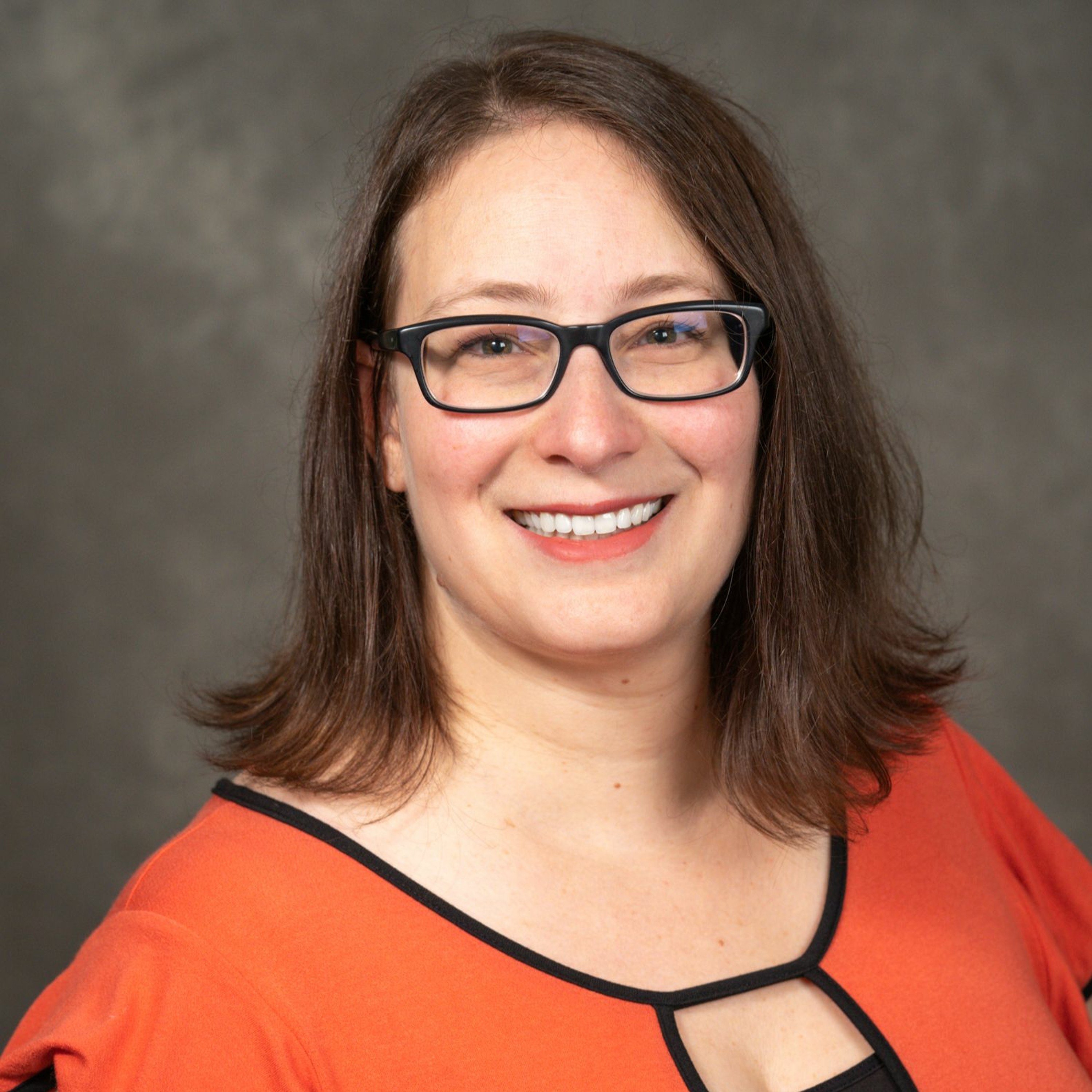The most preventable, least prevented cancer

Screening can prevent colorectal cancer through the detection and removal of precancerous growths (polyps), as well as detect cancer at an early stage, when treatment is usually less intensive and more successful.\n\nPeople living in rural areas are much less likely to undergo screening due to a number of barriers, but some rural clinics have achieved high colorectal cancer screening rates despite such constraints. \n\nDr. Jennifer Weiss of the University of Wisconsin-Madison joins the podcast to talk about how these clinics have been successful in \u201cdeveloping relevant, impactful, and sustainable approaches to increasing colorectal cancer screening in rural communities.\u201d \n\nThe American Cancer Society recommends regular colorectal cancer screening for people at average risk starting at age 45: https://www.cancer.org/healthy/find-cancer-early/american-cancer-society-guidelines-for-the-early-detection-of-cancer.html. \n\n4:45 \u2013 Jennifer Weiss, MD, MS is Associate Professor of Medicine in the Division of Gastroenterology and Hepatology at the University of Wisconsin-Madison. She\u2019s a two-time American Cancer Society grantee.\n\n5:21 \u2013 Why she has described colorectal cancer as the \u201cmost preventable, but least prevented cancer\u201d \n\n8:15 \u2013 The American Cancer Society recommends regular colorectal cancer screening for people at average risk starting at age 45\n\n13:19 \u2013 On why where you live can impact access to colorectal cancer screening\n\n 16:23 \u2013 Some rural clinics are doing better than others in terms of colorectal cancer screening and outcomes\u2026\n\n20:11 \u2013 \u2026why is that? What are they doing right?\n\n22:58 \u2013 A great real-life example of a rural clinic boosting screening rates \n\n29:05 \u2013 Gaps that she hopes her research will fill\n\n30:23 \u2013 What she\u2019s most excited about\n\n33:18 \u2013 A message she\u2019d like to share with cancer patients, survivors and caregivers